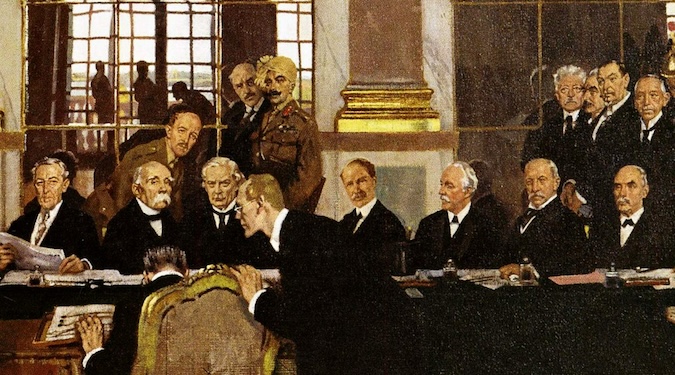Connor Sakati explores the risks, challenges, and opportunities arising from the possibility of high seas fisheries in the Central Arctic Ocean. Sakati compares the situation of the Arctic to the tragedy of the commons and uses that framework to understand the current predicament and make recommendations for the future. The article begins by detailing the… Continue reading Promoting Strong Arctic Governance and Ensuring an Aspirational Marine Resources Treaty’s Effectiveness: The Case of the Agreement to Prevent Unregulated High Seas Fisheries in the Central Arctic Ocean
Category: Foreign Policy
From Treaties to Tweets: The (In)Formality of War Termination
This article explores the causes for informality in war termination and advocates for a return to formality. Forever wars are a new, pervasive problem. Around the world, conflicts have been simmering and occasionally boil over. They do not seem to end, and this is not normal. International law scholars debate why this is happening, pointing… Continue reading From Treaties to Tweets: The (In)Formality of War Termination
The Role of Regulatory Frameworks in Balancing Between National Security and Competition in LEO Satellite Market
Matin Pedram and Eugenia Georgiades compare existing regulatory frameworks for Low Earth Orbit (LEO) satellites and argue none are robust, transparent, or efficient enough yet to curb monopolistic or rent-seeking behaviors. Likewise, Pedram and Georgiades reveal how national security concerns can be overextended to instead protect domestic space activities. Pedram and Georgiades analyze licensing requirements,… Continue reading The Role of Regulatory Frameworks in Balancing Between National Security and Competition in LEO Satellite Market



